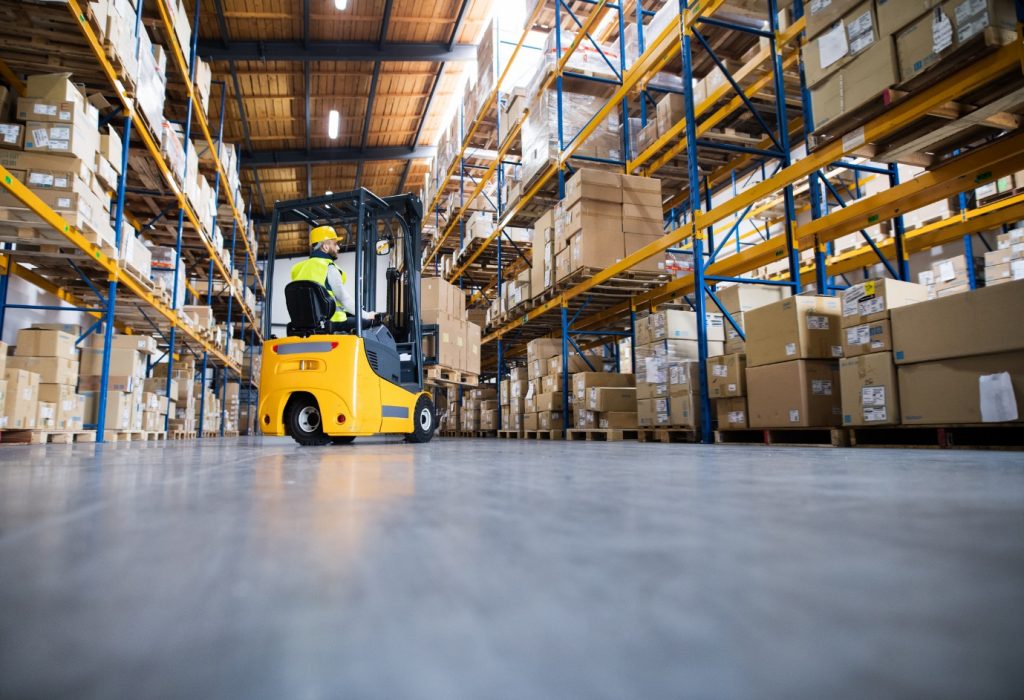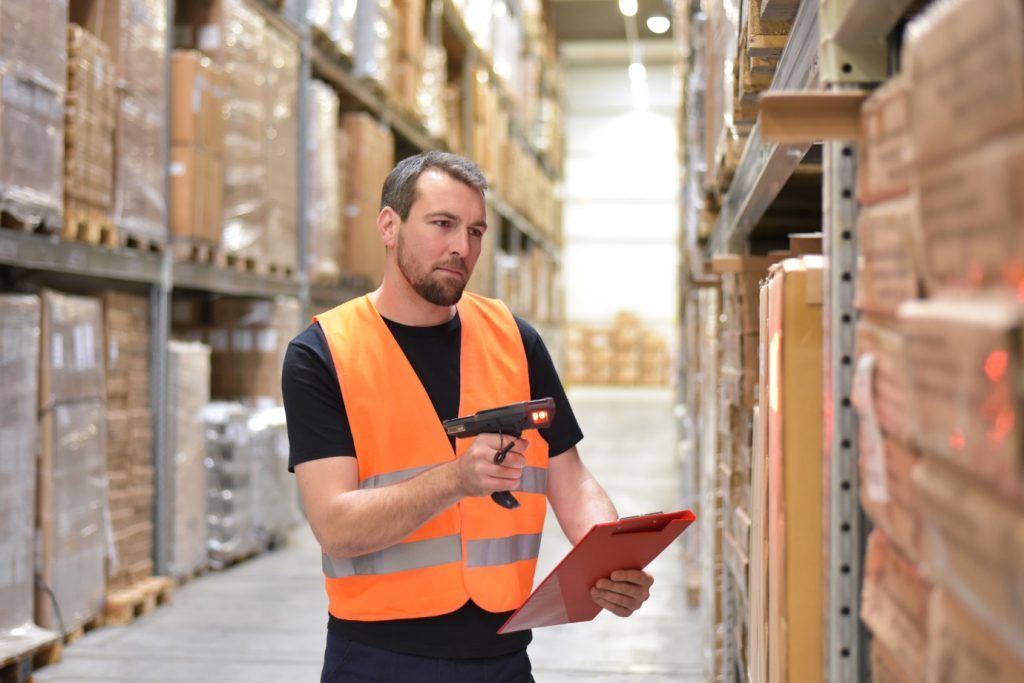Now that the UK has officially left the EU, warehouse managers need to think about how they can alter their business processes to cope with the changes to come – not to mention all the changes already implemented due to the pandemic.

There has been a huge surge in online retail and supply chain uncertainties thanks to COVID-19, leading to businesses having to hold onto products for much longer. There has been a high demand for supply spaces, and with Brexit, many businesses owners have to reconsider their warehousing strategies entirely.
We can expect many changes in the coming years to business operations across the country. So, how will Brexit affect the warehousing and logistics sector, and can barcoding technology help?
Changes to Warehouse Labour
In warehouses across the UK, around one in five of those employed are EU migrants. The UK’s departure from the EU could have serious ramifications for warehouse labour if these people are no longer allowed to enter the UK for work.
There is now in place a points-based system for EU nationals wanting to work in the UK. They must accumulate 70 points that are decided by criteria such as having a PhD in a stem subject (20 points), working in a job with a shortage of occupation (20 points), obtaining a salary of above £25,600 (20 points) or speaking English at a required level (10 points).
The average low-skilled warehouse worker would not earn the required salary to qualify for points. As the job does not qualify as a job sector officially in demand, a person from the EU would not be able to gain employment in the UK to come and work in a warehouse.
With a significant reduction in the number of workers able to work UK warehouses, many employers will start looking for alternatives, such as switching to automatic processes and robotics.

New Warehousing Models
The UK’s departure from the EU has added an extra layer of concern on top of the pandemic. Brexit-related delays will cause companies to stock up on their inventory to avoid shortages and delayed deliveries.
Companies will need to balance managing the costs of additional storage and managing the disruption caused by new processes. Warehouse operations will have to drastically change to meet the new demands for storage space. Even as things head back to normal, the pandemic has introduced more people to the delights of online shopping, which is unlikely to waver in the coming years.
Managers will need to look at the technology, workers, and equipment in each warehouse and whether these are still sufficient. They may need to capitalise on existing spaces such as using retail stores as temporary storage facilities to cover short-term needs or strengthen home deliveries in certain locations.
Outsourcing warehousing to the third-party logistics company is also an option, as they have the expertise needed and can offer great flexibility. Warehouse managers could also consider a shared warehousing space, or on-demand warehousing to allow businesses to stay flexible through the highs and lows of consumer demand and inventory fluctuations.
Regardless of how businesses manage their warehouses, technology will play a key role in streamlining operations to meet growing customer demand and avoid the pitfalls of delayed shipments or difficulties securing workers.
Barcoding Technology
In a new, post-Brexit world, businesses need to become “smarter” in their existing operations such as re-developing existing sites, improving their stock management and using data-driven forecasting to plan for future events.
One solution to the UK warehousing sector could be to adopt more automation technology in the workplace, streamlining business operations and providing managers with the data and figures needed to implement savvy changes.
An effective supply chain can drive a business forward, and first-class supply chains invest in great technology. Technology such as labels and barcode scanners can significantly reduce the possibility of human error and seriously reduce the time spent organising and managing stock. By streamlining the stocktaking process, your workers are freed up to get on with other aspects of the job, and you can reduce the need to bring on additional workers, something you may struggle with in a post-Brexit world.

By bringing in barcode technology, you also benefit from the data it provides, which increases supply chain visibility and drives efficiency. Harnessing this data is the best way to further improve your supply chain operations, as you can observe patterns and easily locate processes that can be streamlined further, cut down on costs and enable your business to be more flexible and adaptable.
Data can help you with more accurate forecasting, which will be even more critical in a post-pandemic and post-Brexit world. If you’d like to learn more about any of our barcoding solutions, don’t hesitate to contact us today.


















